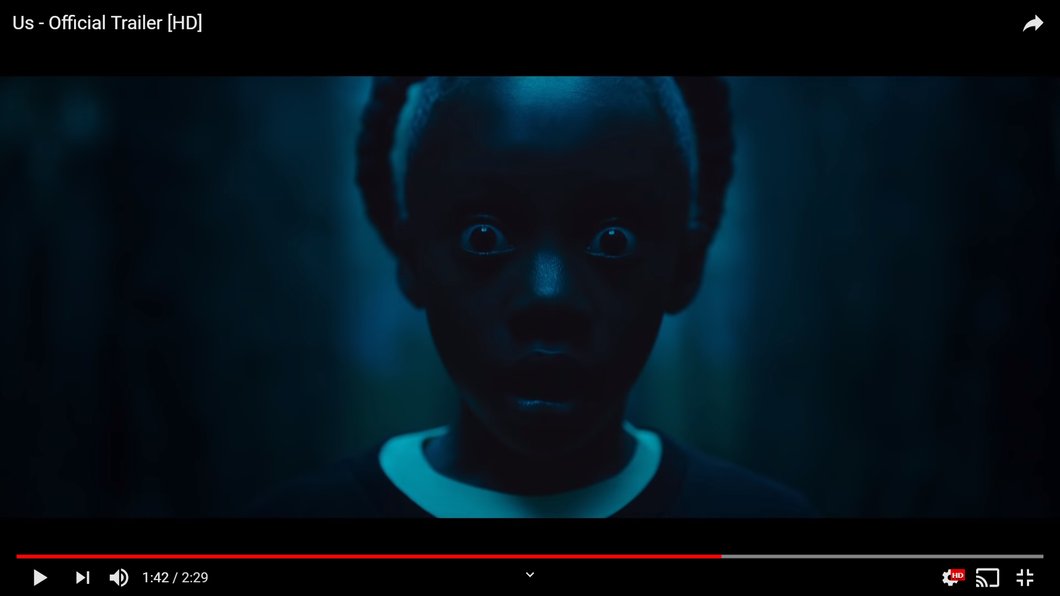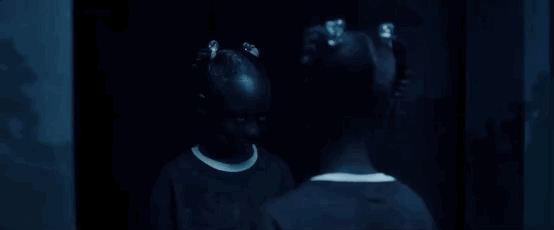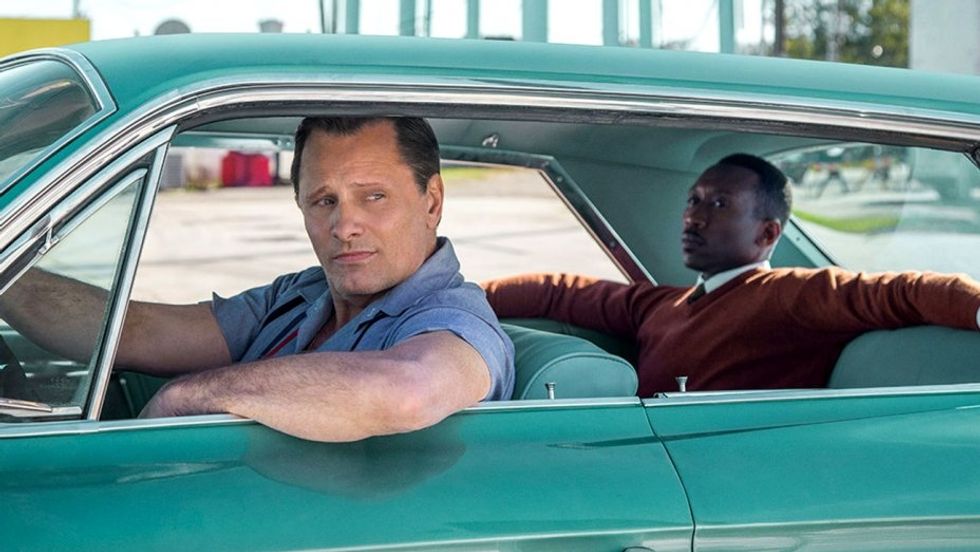The "Streaming War" Problem
As many streaming networks gear up to compete with each other, several problems are beginning to rear their ugly heads.
When you turn on your television today you are bound to see almost hundreds of different streaming services to sign up for. Netflix, Hulu, AppleTV, Amazon Prime, HBO Max, Paramount Plus, Disney Plus, Tubi, Peacock, and Crackle are just scratching the surface of the amount of streaming services coming out now. To many, this can be viewed as a good thing. The more streaming services there are the more content people will have available. However, some massive problems are beginning to show.
As more and more streaming services are released, money starts to become a real issue. Most of these services require a paid subscription to use and as the services pile up, so do the bills. If you aren't rich, people will have to carefully choose which services they want and which one they can do without. This has led to a sort-of arms race among these services when it comes to content. They are all fighting to stay relevant, but there is only a limited amount of space in the average household. Some of these services will eventually go under and take a lot of people with them. What happens to the workers who lose their jobs? What happens to the content, some of which is exclusive, when the service shuts down? Will another service buy it or is the content just gone forever?
The large amount of services, some of which are owned by the same company, has led to the rise of bundles. This mean you can get two or three different services together for a reduced price. On the surface, this seems like a good deal until you realize that these bundles seem eerily familiar. Cable packages often use this method to sell you channels you would otherwise not want. With all of these different streaming services bundling each other we could be repeating the same mistakes we made with cable.
On the other hand, multiple streaming services can be a good thing. As said before, more services means more content that's readily available for more customers. Also a market with more competition, can lead to more competitive pricing which is good for the consumer. However, there is such a thing as too much competition and the market ends up flooded with too many options. In an ideal environment, there should be no more than ten main streaming services. I fear as more services come out, we will see more and more of them begin to shut down.
The streaming world is in an interesting place right now. Many services are rising up and competing to find their own little piece of the pie. However, they are aware that the streaming world isn't big enough to maintain all of them and that many will not survive long. All of these companies are in an arms race to survive and when one falls they take a lot of good people and unique content with them. When the dust settles and the few are left standing, who will remember the fallen and forgotten; the unemployed workers and the art people struggled to make?




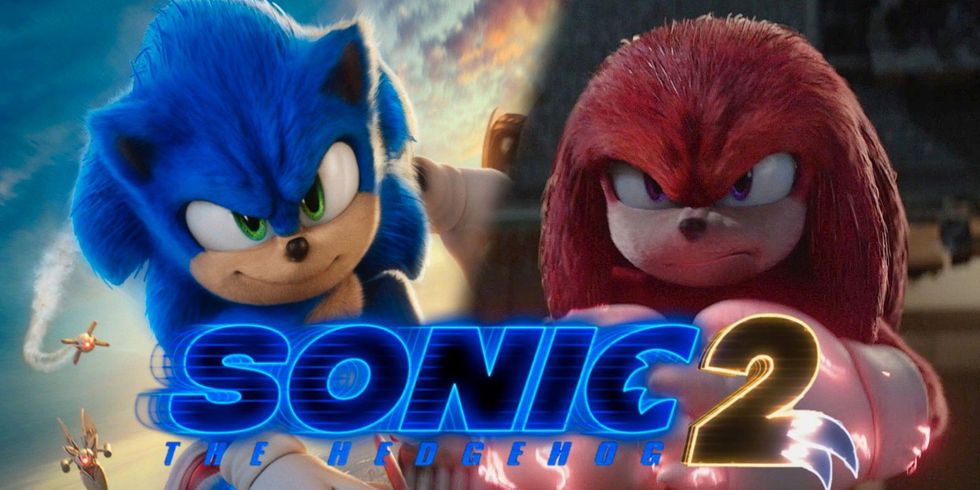
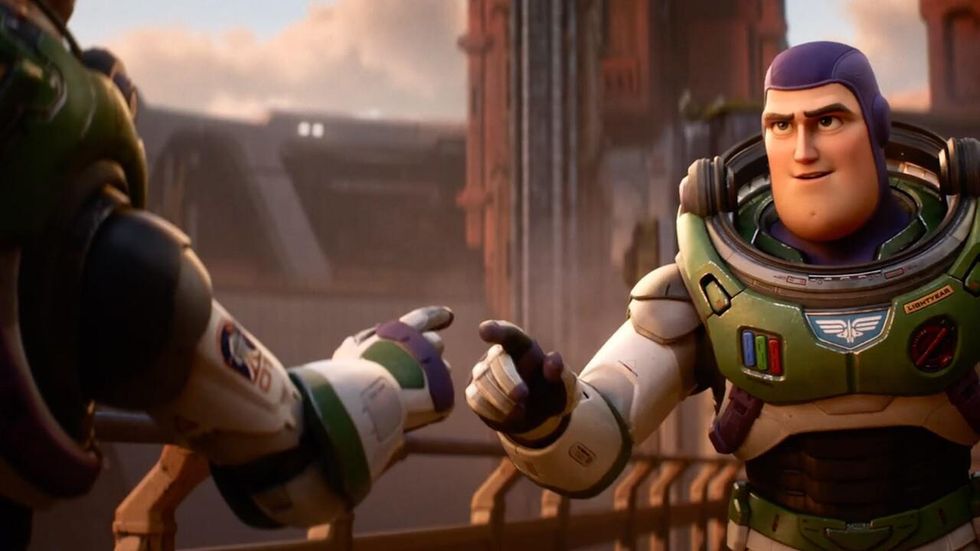



 Universal Pictures
Universal Pictures Universal Pictures
Universal Pictures Universal Pictures
Universal Pictures Universal Pictures
Universal Pictures